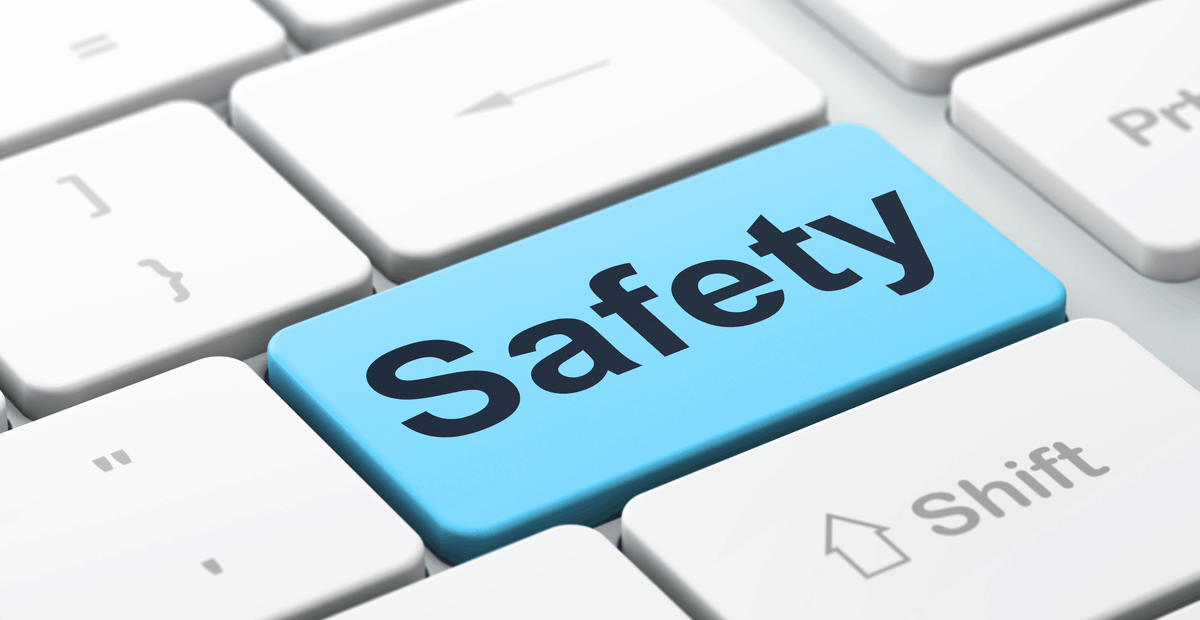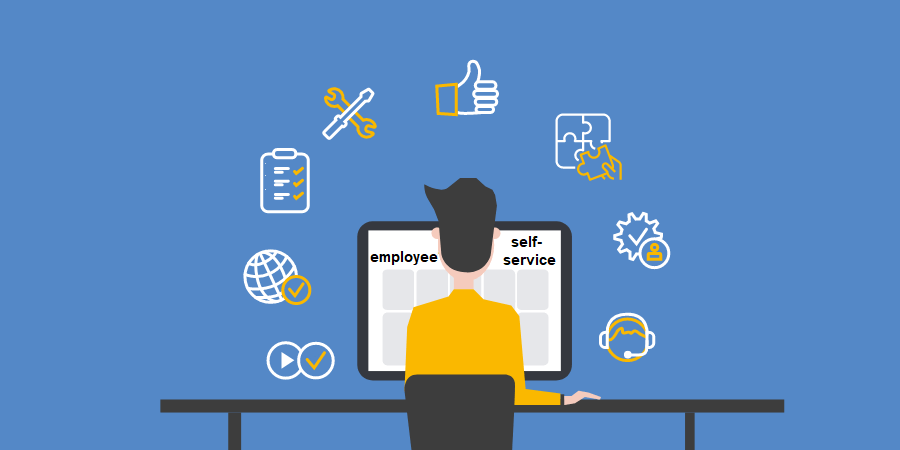With everyone online more now than ever, now is a perfect time to go over internet safety with your friends and family. Whether you like to shop online, talk to friends, play video games or you work from home, keeping yourself safe online should be your number one priority. With everything going on in the world, scammers and cybercriminals are still at it targeting everyone you know. Sometimes they’re posing as the prince in Nigeria, but most often they’re not always so obvious. Whether you have MetroNet, Verizon, AT&T, GotW3, or any other internet service provider, here are our top 5 internet safety rules to practice while online.
Table of Contents
Practice Safe Web Browsing
While you’re online, some of the easiest ways you can stay safe is always being mindful of where you click. Don’t click on sketchy sites, links from unknown senders in your emails or download anything from untrustworthy sources. Sometimes cybercriminals will use clickbait articles or offer something for free, but really you’re downloading their spyware instead.
Choose Strong Passwords
Ditch your easy to guess passwords for strong passwords instead. Strong passwords consist of a minimum 15 characters long, upper and lowercase letters, numbers and special characters. The number of characters is widely debated by security experts but as long as you’re within the 8-15 character range, don’t use phrases super easy to guess and make each password unique to each online account; you’ll be safe guarding yourself much better than if you didn’t. If you’re worried remembering all these new security minded passwords, use a reputable password manager to remember them for you. They’re easy to use and won’t discourage you from changing your password often like you should.
Keep Your Personal Information To Yourself
Part of staying safe online is keeping your personal information personal. If you post something online, expect that anyone can see or find it. Even if your social media profiles are private, there’s nothing stopping anyone from screen capturing what you post and sharing it with anyone. You don’t want to post things like your home address, work or school schedules or anything you wouldn’t want a stranger knowing. Cybercriminals look for these things for various reasons, but they won’t find anything if you don’t give them anything.
Be Careful Of Strangers Online
This one seems obvious, but we can’t stress it enough. Always be careful of who you talk to online, especially if you try to meet them in the real world. MTV’s show Catfish shows a glimpse into how people pretend to be someone they’re not, but meeting strangers online can turn out to be far more dangerous and even deadly. Cybercriminals also like to use fake social media profiles too as a way to cozy up to unsuspecting nice people to get money, physical items and even visas. If you decide to talk to strangers online or meet them, be as cautious and levelheaded online as you would in person. Don’t give out personal information and only meet them in very public places.
Shop Online From Secure Sites Only
With everyone shopping online more than ever and it’s important to remember to shop only from secure sites. Any site that you need to provide payment information, whether it’s a credit card, bank account or even PayPal, it needs to be secure for your safety. To find out if the site you’re on is secure, look for https or the padlock icon in your address bar. This ensures that your information is being sent through a secure and encrypted connection so cybercriminals can’t steal it and go on a shopping spree with your hard earned cash.



![[pii_email_33bcc5fa9284de56eb3d]](https://thetechupdates.com/wp-content/uploads/2020/12/pii_email_33bcc5fa9284de56eb3d.jpg)
